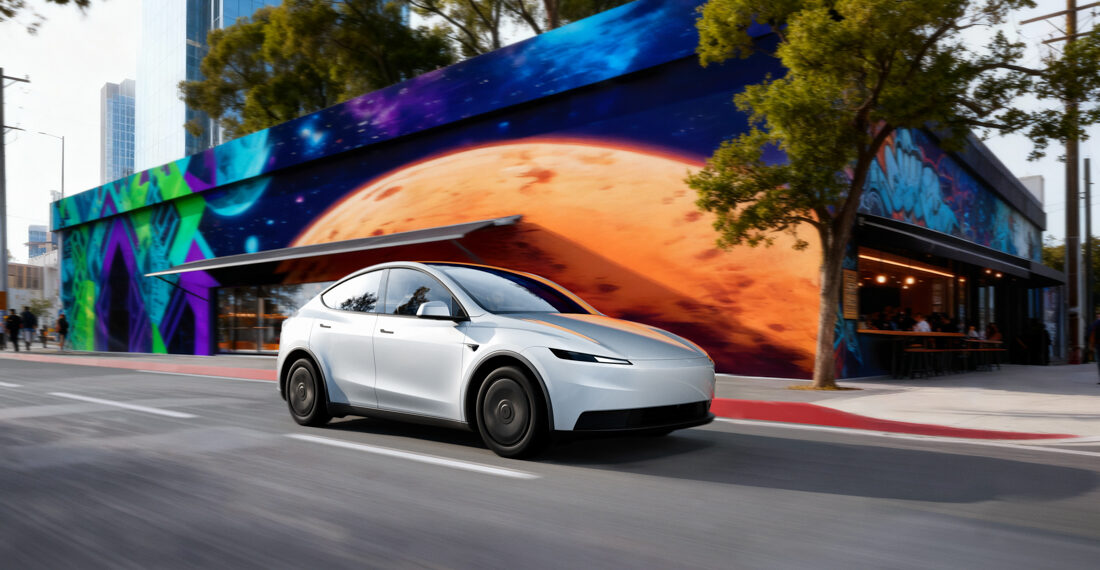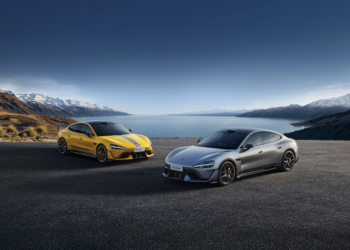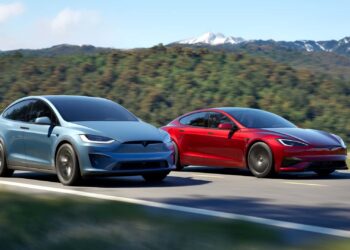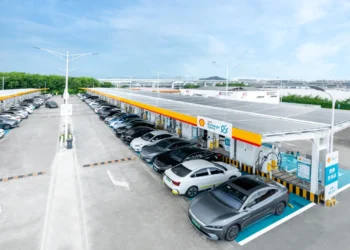According to the official records of the European Automobile Manufacturers Association (ACEA), in September, 167,586 electric vehicles were registered in Europe, an increase of 20% compared to the same month in 2024. Year-to-date sales amount to 1,300,188 units, corresponding to a market share of 16% (13% in the first nine months of 2024), a figure that is still below what the industry had hoped for, considering the massive investments it has made in this technology, and the obligation to impose a faster pace for the paradigm shift in the sector.
In other words, if this sales growth rate of only 3% per year continues, the European Union (EU) goal of banning the sale of new cars with internal combustion engines by 2035 will not be met, at least without political intervention that imposes electric engines over thermal ones. However, according to various analysts, a significant increase in demand is anticipated, thanks to the arrival of models with increasingly affordable prices, and the progress expected in terms of both range and battery charging, with operations becoming less costly and faster.
The growth recorded in September was mainly due to three key markets in the region regarding 100% electric vehicles, which combined represented over 60% of total registrations: Germany, Belgium, and the Netherlands. Nevertheless, in this ranking, Norway, a country that is not part of the EU, stands out at the top of the table in terms of market share: in September, 98.3% of passenger cars sold in the country (14,084 units) were fully electric (95% in the first nine months of the year).










